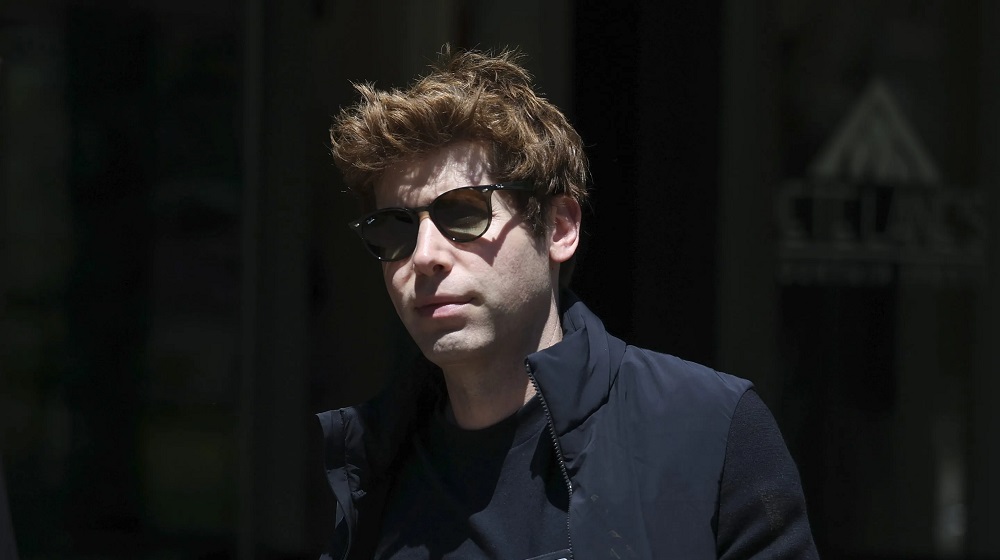Sam Altman, the CEO of ChatGPT-maker OpenAI, was recently named by Time Magazine as one of the most influential people in AI in 2023. Some consider him the most powerful figure in the world of AI since ChatGPT’s launch, which quickly grew to become the fastest consumer app to reach 100 million users and continues to receive billions of visits on its website today.
He is estimated to have a net worth ranging from $500 million to $750 million, but this net worth is primarily derived from his investments and has almost nothing to do with OpenAI.
OpenAI is the highest-valued AI startup or private company in the world, with a valuation of $29 billion. However, that doesn’t translate into any wealth for Sam Altman. The reason is that he doesn’t hold any equity in the company. For the sake of assumption, if he owned just 10 percent of OpenAI at this stage which is reasonable, his net worth would’ve been 6-7 times what it is today.
Why he doesn’t own equity in OpenAI
The OpenAI CEO has addressed the question on why he doesn’t have any ownership in the company he co-founded in 2015, on multiple ocassions. In a recent interview, responding to a question about if there’s any financial structure whereby he does benefit from OpenAI becoming a big thing, he stated that he has wondered if he should just take on share of equity so never has to answer this, “We’re governed by a non-profit which I’m a board member and our board has needs to have a majority of disinterested directors who don’t have equity in the company so I originally didn’t do it for that reason and then I just I don’t think about it.”
He also mentioned that he has a tiny bit of exposure via the Y Combinator investment. OpenAI was part of Y Combinator’s Winter 2016 batch. The accelerator would’ve received a 7 percent stake in the company for an investment of $125,000 if they were offered the standard deal. However, it is not clear how much Sam may own through Y Combinator, but he clarified that it is immaterial.
Expanding further, he stated, “The concept of having enough money is not something that is easy to get across to other people. I have enough money. I’m going to make way more from other investments that I’ve made in the past.”
“If I had just taken the equity [in OpenAI] and signed the giving pledge, people would be like, “That’s great, that makes sense,” and it would have had the same [impact] that I’m pre-giving away the money here because it goes to the OpenAI nonprofit, and I trust the nonprofits to do a good thing with it. But I have enough money. What I want more of is an interesting life, impact, access to be in the room, so I still get like a lot of selfish benefit from this,” he continued.
OpenAI, the non-profit
OpenAI was originally created as a non-profit, open-source company to take on Google which had made significant advances in the field of AI. But in 2019, they made the big change of shifting from a non-profit organization to a for-profit one. Why? Well, they needed a lot of money to push the boundaries of AI research. This change allowed them to raise funds from investors, like Microsoft, eventually.
To handle the business side of things, OpenAI created a for-profit branch called OpenAI LP. It deals with partnerships, making money, and getting investments. The non-profit part, OpenAI Inc., didn’t change its mission. They still focus on making sure AI benefits everyone.
Sam Altman’s Y Combinator roots
Sam has been associated with Y Combinator since its inception. His startup, Loopt, was part of the first Y Combinator batch in Summer 2005. It was sold in 2012, and it is estimated that he made $5 million from the exit. The startup was acquired by Green Dot for $43.4 million, with $9.8 million of that amount designated for the retention payment of key Loopt employees.
Sam Altman’s investments
According to publicly available data, the OpenAI CEO has made over 100 personal investments in startups across different industries. Some of his notable investments include; Asana, Cruise, Instacart, Humane, Lattice, Neuralink, and Reddit.
While it is not clear how many investments he has realized liquidity from, the former President of Y Combinator also likely maintains exposure to numerous Y Combinator-affiliated companies. Sam Altman joined Y Combinator as a partner in 2011, initially in a part-time capacity, and eventually assumed the role of President in 2014. He departed from the accelerator in 2020. As a partner and president, he would be entitled to carried interest, a financial incentive typically provided to individuals in investment management roles, which is calculated as a percentage of the profits generated from the investments made by the fund.
After selling his startup Loopt in 2012, he also founded and ran a $21 million VC fund Hydrazine Capital, which mainly invested in Y Combinator companies. The fund, according to this 2016 profile of Sam, had grown tenfold in just four years.






